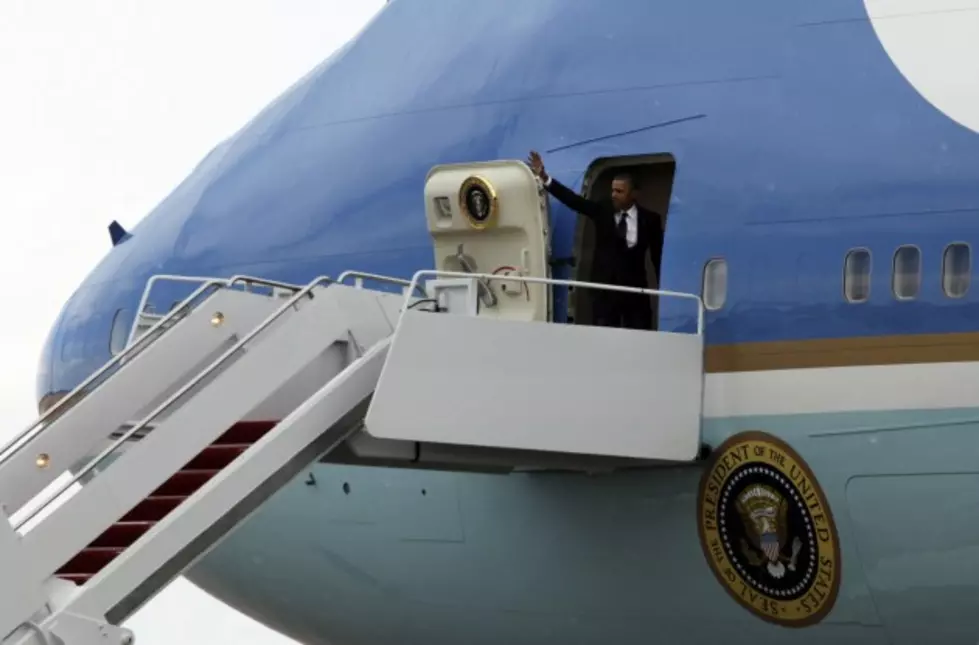
President Touts Transportation-Transit Proposals During St. Paul Visit
ST. PAUL, Minn. (AP) — President Barack Obama said Wednesday he will ask Congress for $300 billion to update aging roads and railways, arguing that the taxpayer investment is a worthy one that will pay dividends by attracting businesses and helping put people to work.
Obama announced his plan at the Union Depot rail and bus station after touring a light rail maintenance facility. Funding for surface transportation programs expires later this year, and the White House says 700,000 jobs could be at risk unless Congress renews them.
"At a time when companies are saying they intend to hire more people this year, we need to make that decision easier for them," Obama said, by rebuilding aging transportation systems, power grids, communications networks and other projects that ease commerce.
"The bottom line is there's work to be done, workers ready to do it," he said, adding that one of Congress' major responsibilities is to help states and cities pay for such projects.
The trust fund will need an influx of $100 billion over the next six years just to maintain transportation spending levels. But Obama and Congress have been unwilling to raise federal gasoline and diesel fuel taxes that have been the main source of federal transportation funding for decades.
In the budget he sends Congress next week, Obama will propose that half of the $302 billion he's seeking come from an overhaul of the corporate tax system.
Obama stressed the job-creating power of federal transportation projects. As part of his promise to take action where Congress won't, he also announced a $600 million competition for federal grants to help local governments pay for infrastructure projects.
The primary sources of revenue for the Highway Trust Fund are the federal 18.4 cent-per-gallon gasoline and 24.4 cent-per-gallon diesel taxes, which haven't been increased in 20 years. While highway construction costs have risen over the decades, revenue going into fund has declined. Among the reasons for the decline are that vehicles are getting more miles per gallon and people are driving less on a per capita basis.
More From KOLM - 1520 The Ticket




![Genius Engineers Compete to See Who Can Stay Duct Taped to Wall Longest [VIDEO]](http://townsquare.media/site/757/files/2014/02/Duct.jpg?w=980&q=75)


